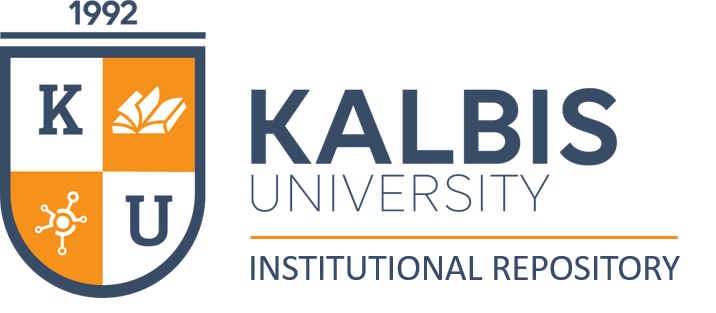Please use this identifier to cite or link to this item:
http://repository.kalbis.ac.id/handle/123456789/145Full metadata record
| DC Field | Value | Language |
|---|---|---|
| dc.contributor.advisor | Ma'arief, Muhammad Dicka | - |
| dc.date.accessioned | 2022-06-03T03:28:33Z | - |
| dc.date.available | 2022-06-03T03:28:33Z | - |
| dc.date.issued | 2022-01-25 | - |
| dc.identifier.issn | 2548-8309 | - |
| dc.identifier.uri | http://repository.kalbis.ac.id:8080/handle/123456789/145 | - |
| dc.description.abstract | The second wave of COVID-19 hit Indonesia in July 2021. Tempo magazine published five editions about it throughout July-August 2021. This study aims to see how Tempo magazine frames its news about government policies in dealing with the second wave of COVID-19 in Indonesia. This research uses Robert M. Entman’s framing analysis model. The results showed that the government is inconsiderate and irresponsive to the current conditions of COVID-19. Accordingly, the government is inconsistent in implementing PPKM (lockdown). They are too focused on an economic recovery that they are planning on the COVID-19 therapeutic drugs and vaccination business, and there is a lack of coordination in the government body. Through its news framing, Tempo also carries out the function of watchdog journalism, which is implemented in three dimensions: the intensity of the scrutiny, the journalistic voice, and the source of the news event. | en_US |
| dc.publisher | ASPIKOM (Asosiasi Pendidikan Tinggi llmu Komunikasi) | en_US |
| dc.subject | COVID-19, Framing Analysis,Tempo Magazine, Watchdog Journalism | en_US |
| dc.title | Tempo’s Watchdog Journalism toward the Indonesian Government’s Policy on COVID-19 | en_US |
| Appears in Collections: | Ilmu Komunikasi | |
Files in This Item:
| File | Description | Size | Format | |
|---|---|---|---|---|
| Peer Review Tempo pak Abel dan pak salman.pdf | Dicka Ma'arief | 1.82 MB | Adobe PDF | View/Open |
Items in DSpace are protected by copyright, with all rights reserved, unless otherwise indicated.
